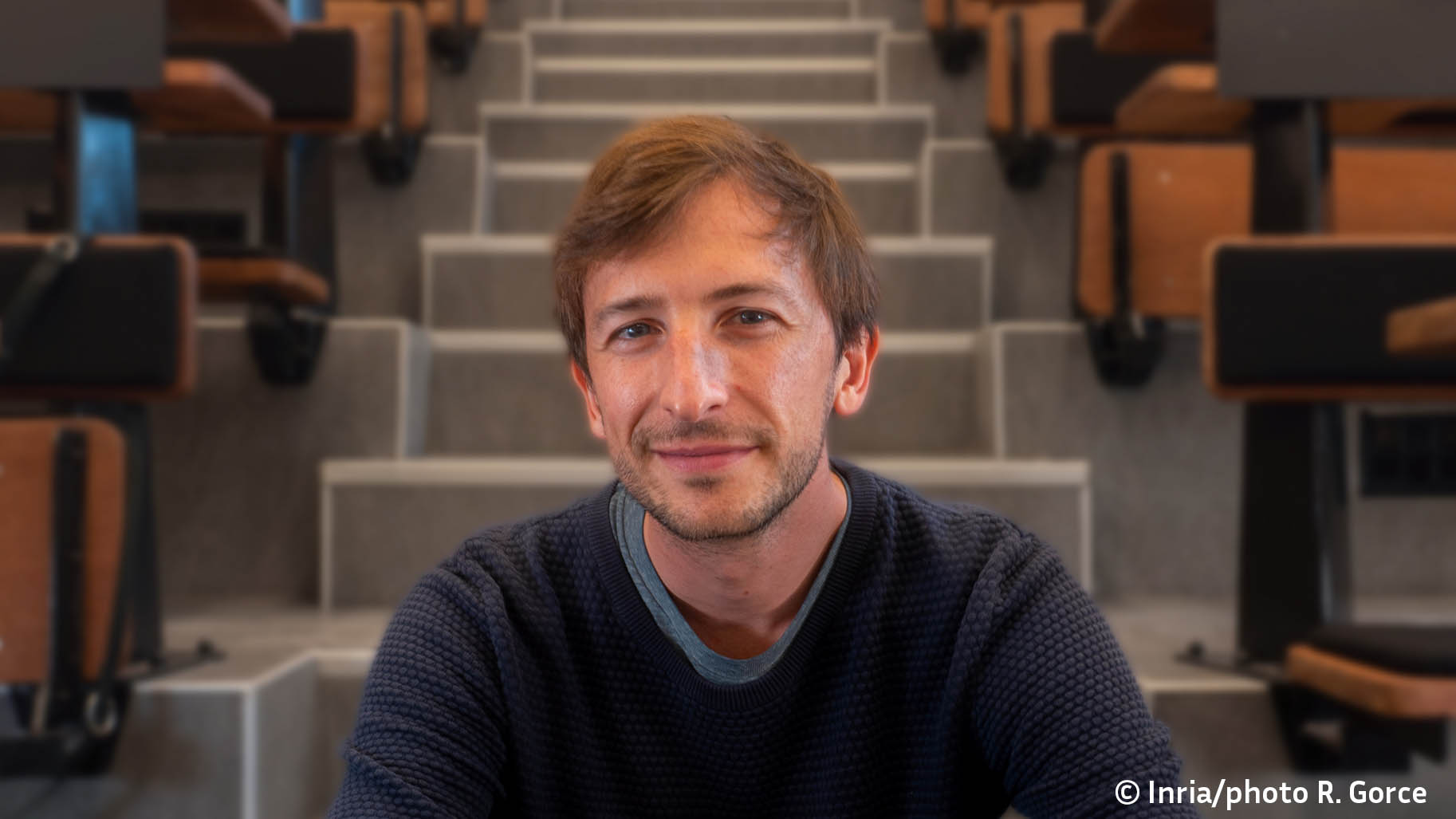Towards optimisation algorithms with guaranteed reliability
Date:
Changed on 15/01/2025

I received this European grant for a project called “Casper”, (Systematic and computer-aided performance certification for numerical optimization), which aims to systematise the certification of optimisation algorithms. Until now, this verification, which determines the degree of confidence the user can place in the algorithm, has been carried out manually, in the form of entire pages of inequations to be analysed. For end users, these pages are hard to understand; for experts, they all look the same, are difficult to produce and check, and are prone to errors. Our aim is therefore to study the structure of these analyses in order to automate them. Thanks to the ERC Starting Grant, I will be able to recruit several PhD researchers, postdoctoral researchers and engineers to work on the project, probably starting in January 2025 and spread over the five years of the project.
My background is in mathematical engineering and I was more attracted to the applied research side... but I realised that optimisation was omnipresent in science, from mathematics and computer science to physics, and that whetted my curiosity. The idea of finding methodologies for the systematic certification of these algorithms was also a topical issue... And Casper hopes to bring it to fruition.
Optimisation – especially numerical optimisation – is used in a wide range of applications and fields, from helping to manage electricity grids, to machine learning, robot control, image processing and the modelling of physical phenomena. The same crucial questions apply to each of these subjects: how effective are optimisation algorithms, and how much confidence can we place in them? The first question is synonymous with energy and financial savings; the second is key to applications in which safety is an issue, when controlling a robot, or in a chemical plant, for example.
By guaranteeing the performance of these algorithms, the Casper project will enable progress to be made on three fronts. Firstly, as certification will be systematic and automatic, the potential for human error will be reduced. In other words, it will reduce our concerns about whether poor theoretical performance is due to poor certification or to real potential problems with the algorithm. Secondly, by making performance guarantees more accessible and methodical, and by establishing the mathematical basis of how they work, it will be easier to develop algorithms with clear objectives. Finally, given the proliferation of optimisation algorithms, this objective certification will help users to make the right choice without having to test too many of these algorithms themselves.
“The Sierra joint project team has previously been awarded several ERC grants, so I was able to benefit from my colleagues' experience, from assiduous reviewers within and outside the team, and from invaluable advice on putting together the application... it was a real team effort! Beyond the funding itself, this ERC is synonymous with recognition and a certain peace of mind. It took a great deal of time and energy to obtain it, but now that I have secured funding for the next five years, I can concentrate exclusively on my research.”
For experts: